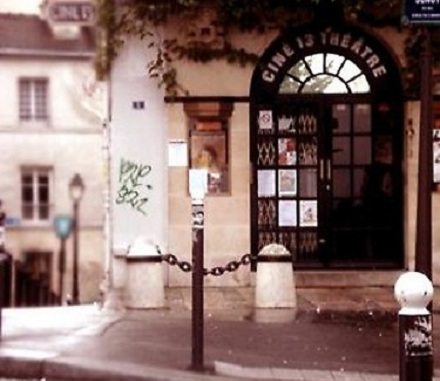
September 12, 2012; Source: Wall Street Journal
Sign up for our free newsletters
Subscribe to NPQ's newsletters to have our top stories delivered directly to your inbox.
By signing up, you agree to our privacy policy and terms of use, and to receive messages from NPQ and our partners.
Across the country, neighborhoods have fought to keep small movie theaters open, either to preserve architectural landmarks or to keep a diverse menu of film available. Some San Francisco movie theaters are now following a national trend among arts organizations: moving from a for-profit to a nonprofit model, or relying on nonprofit foundations for help. San Francisco has approximately 20 movie theaters, and about half of them are not part of a chain.
In recent years, the Roxie Theater has become a nonprofit so that it can recruit members, hold benefits, and apply for grants. Its administrative director says nonprofit status also allows the theater to continue offering art documentaries and other less-than-blockbuster films. While many movie theater operators are turning to a nonprofit model to boost income, others are remaining for-profit entities but are relying on nonprofit foundations for help. Such is the case with the Balboa and Vogue Theaters in San Francisco, which have started getting help from a nonprofit, the San Francisco Neighborhood Theater Foundation, which works to help for-profit theaters with maintenance, repairs and building improvements.
Movie theaters are just one type of the many arts organizations that regularly consider a nonprofit path, including city symphony orchestras, operas and community theaters, many of which began as for-profits but turned to a nonprofit model to take advantage of grants and fundraising options. However they get their funding, movie theaters have always been a big part of many people’s lives. How do you think their for-profit or nonprofit status will affect their futures? –Mary Jo Draper













